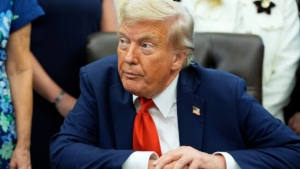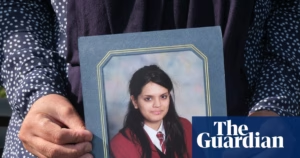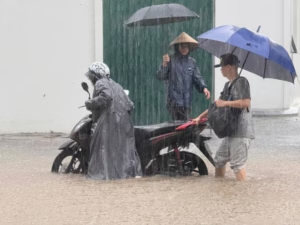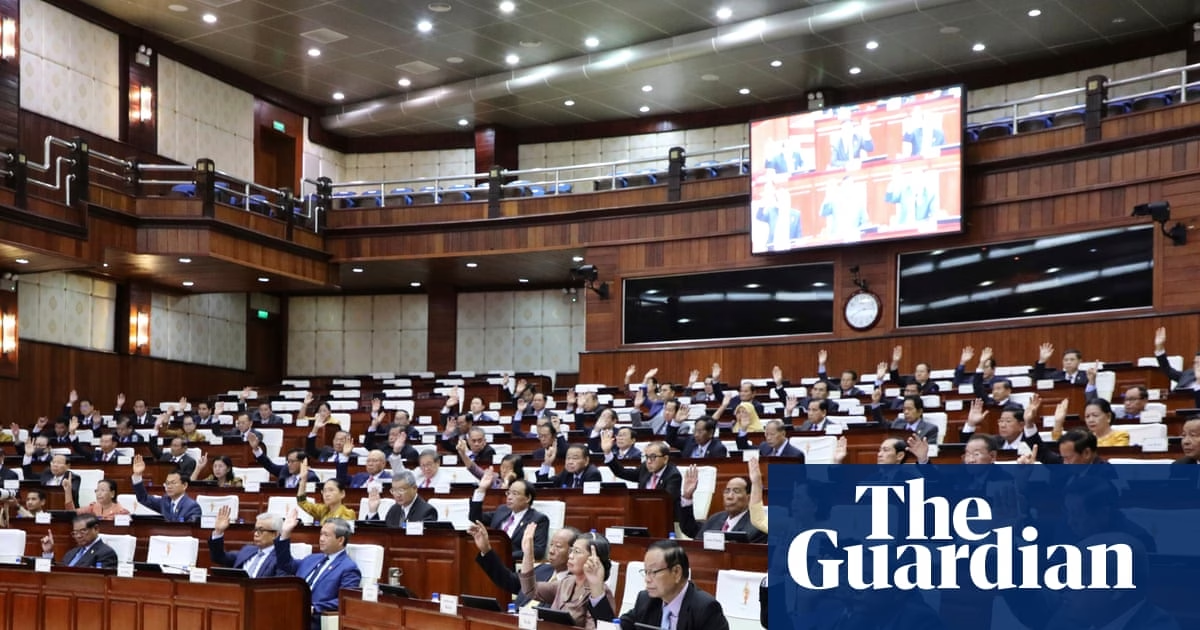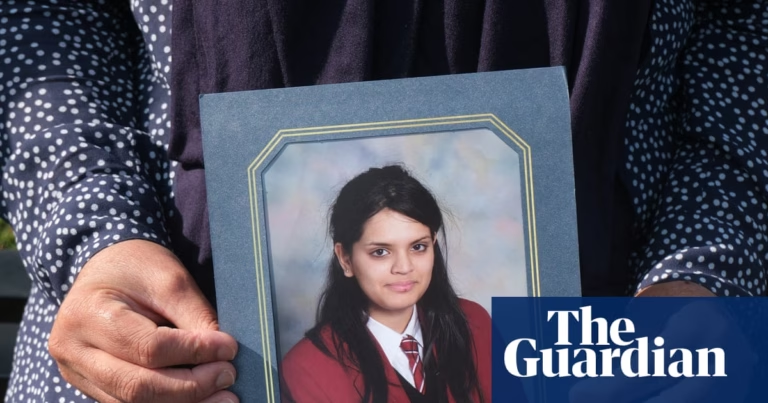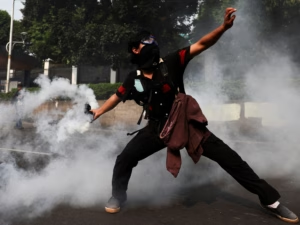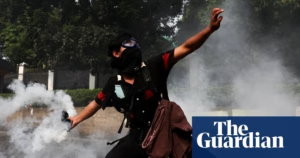In Cambodia, lawmakers have passed legislation that enables the government to strip individuals of their citizenship if they are accused of collaborating with foreign nations. This new law has raised concerns among human rights organizations, who fear it could be used as a tool to silence opposition and suppress legitimate political discourse.
Rights groups have long criticized the Cambodian government for using strict laws to silence dissent and stifle political debate. On Monday, a unanimous vote of 120 legislators, including Prime Minister Hun Manet, approved a bill granting authorities the power to revoke citizenship for actions deemed as collusion with a foreign power.
According to a coalition of 50 human rights organizations, this law could have a devastating impact on the freedom of speech for all Cambodian citizens. The vague wording of the law increases the potential for misuse, targeting individuals based on their ethnic background, political beliefs, speech, and activism.
The government claims that this law is necessary to address threats from a small group of citizens working under the influence of neighboring Thailand. Last month, a territorial dispute between the two countries led to five days of border clashes that resulted in at least 43 casualties.
However, Cambodia’s intention to restrict citizenship rights predates the recent conflict. An amendment passed earlier last month removed the constitutional guarantee of unconditional citizenship, stating that nationality can be determined by law.
While this legislation still needs approval from the upper house and the head of state, both steps are seen as mere formalities. In comparison, 15 European Union countries allow for citizenship revocation on grounds of treason or disloyalty, with only eight of those applicable to naturalized citizens.
Amnesty International has deemed this law a severe breach of international law. The organization’s regional research director, Montse Ferrer, emphasized the lack of independence and integrity in Cambodia’s judicial system, allowing the government’s authoritarian practices to persist, including persecution of opposition leaders, activists, and independent journalists.
Multiple opposition activists in Cambodia have faced imprisonment or ongoing legal cases initiated by the authorities. Opposition leader Kem Sokha was sentenced to 27 years in prison for treason, a charge he has consistently denied, and has been placed under house arrest.
Source: https://www.theguardian.com/world/2025/aug/26/cambodia-treason-citizenship-law
